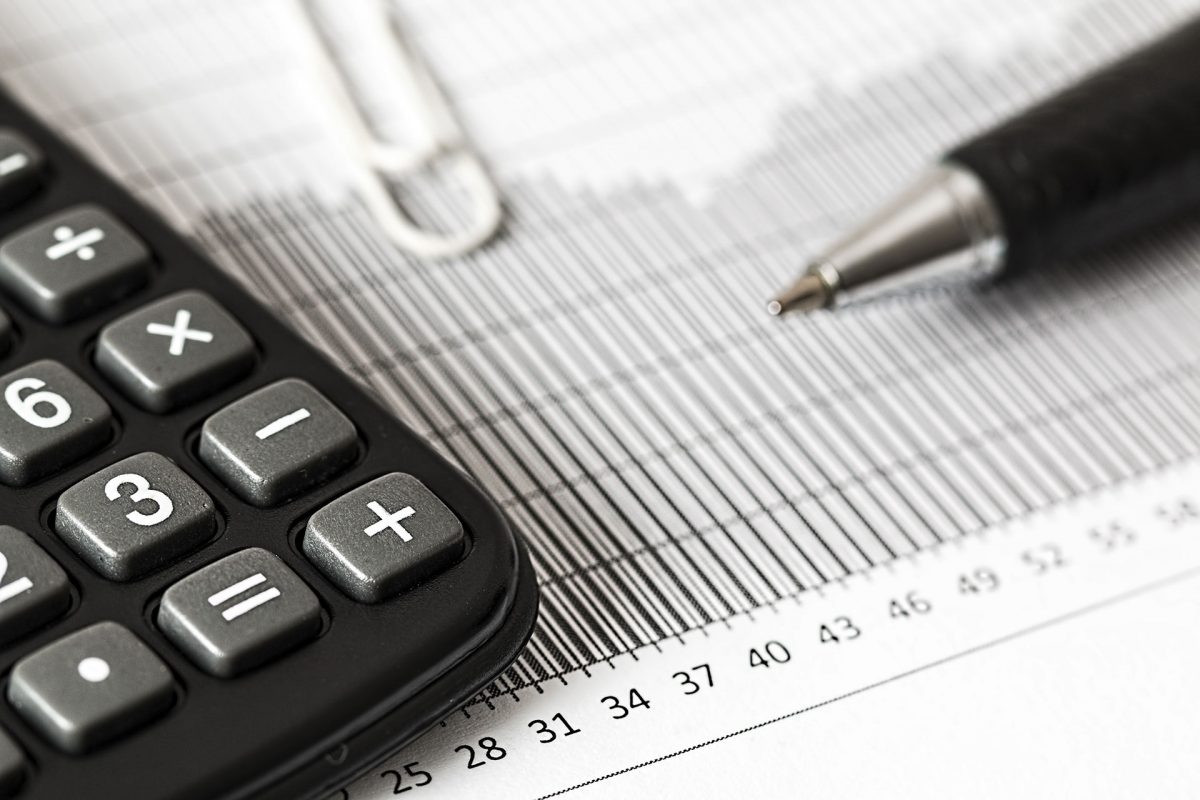The Australian property market has been on a wild ride in recent years. Booming quickly to a peak in 2015-16, many were priced out of the property market, but happy to see it drop by over 16% in the last few years. Such is the nature of the property cycle (and many a skilled investor has taken advantage of the ups and the downs), but it has also driven many to ask the question: which is a better wealth creation tool? Property, or shares?
There’s no simple answer to this question as it depends on many factors: your timeline, the amount you’re planning to invest, and your tolerance of risk. In this article, we’re outlining the advantages of each, to help you decide what’s best for you.
Remember, this article is a general overview of the advantages of the two investment vehicles, and isn’t to be taken as specific advice. Always talk to your own financial adviser before making any investment decision.

Property
- One of the biggest advantages of investing in property is that you can leverage a smaller amount of money into a much bigger, more valuable asset. Taking out a mortgage magnifies the returns, and it’s relatively easy for anyone to get a mortgage from the bank. You can’t take a mortgage out to buy shares.
- Property is a tangible asset. You can see it and touch it. If the market changes, it will still be there. If you’re going to live in the home, you also get the utility of a roof over your head and the fact that unlike rent, your monthly payments are going towards more ownership of that asset.
- You can have a direct impact on its value. Aside from being able to choose the exact home that you want, based on the factors that drive price growth like location and proximity to transport and amenities, you can also improve the value of your home. Renovating, repainting, redecorating, landscaping and more can increase the value of your property, giving you more control over your investment.
- Even with market fluctuations, property is still rising. Despite a recent downturn, according to Corelogic over the last five years, property owners are still sitting on an average 15.6% gain.

Shares
- Shares, in theory, are easy. Simply choose your investment, buy them, tell the registry where you want dividends to go, and you’re away laughing. However, while the actual purchase is far more simple than buying a property, the initial research and decision making is a lot harder. To choose the right investment and have your risk turn into reward, you’ll need to have a deep knowledge of the specific business, the market, it’s competitors, what regulatory changes are coming, who is on the board, what are their qualifications, what is the company’s strategy, how will they outlast market changes, and more. Fraud is easier in shares than property – you need to be able to trust the management and auditors of the businesses you are investing in.
- Shares come with risk. It’s not just the risk of the wider market (which, like property, is subject to changing trends, growth cycles and regulatory changes), but the company itself. Even if the market is going up, each company has a unique set of circumstances that lead to its value increasing and decreasing. The value of a share can change overnight, from as little as a media story or seemingly innocuous announcement, and there are always people ready and waiting to capitalize on any change – up or down. Without taking such a risk, there would be no reward of investing in shares. That’s all part of what you have to weigh up when deciding if investing in shares is for you.
- The stock market can be highly emotional. The perfect case of this is the GFC. While many see that period of time as a huge disaster (and it was, for a lot of people), there were also a lot of investors that came off really well.
The reason for this is fear. As the market plummeted, fear drove many to sell shares to ‘get out before it gets worse.’ Those who kept their cool saw their shares return to strong value by holding out over time, and those that had the means and the confidence actually made a lot of money from people who sold their shares out of fear.
But faced with the prospect of losing your life savings, what would you do?
The sharemarket changes quickly, and when investors start selling, others quickly follow for fear the market is getting worse. If you’ve got the ability to stay totally emotionless in the face of changes with such a huge financial impact, you’re probably in the minority! - Shares start cheap. You might need a $200,000 deposit to buy your dream home, but you can start investing in shares from as little as $500. However, the fees involved in buying and selling mean you’ll want to start with a much higher amount than that to make the returns worthwhile.

Macroeconomic factors to consider
If you’ve heard words like ‘inverted yield curve’ being bandied around, you might be aware that there’s a lot of talk over whether the US might head into a recession. Tensions with China, North Korea and now Iran are driving the US financial market to make very cautious moves. While there is no clear indicator yet that trouble is afoot, the US treasury has cut interest rates. This is a move typically made when a recession is imminent, but may also be being introduced to stimulate the market and avoid a recession. Brexit is imminent, and looking more and more likely to have a negative impact on global markets given there has still been no deal agreed between the UK and the EU. A change to the UK and US markets, and increasingly volatile relations between Australia and China will all have a big impact on the Australian market.
Does this mean you should or shouldn’t invest in shares? Ultimately, the share market is always volatile and no risk means no return. Capitalising on that risk is what investing in shares is all about. So the question isn’t really about what’s coming or how things will change, as you can make money when the market is going up AND when the market is going down. The real question is about how much loss you can stomach, and whether the fear of a plummeting market is something you can withstand with a cool head.
When it comes to property, in the last ten years we’ve also seen some huge changes. From the GFC, to the market booming and reaching a peak at some of the fastest rates in living memory, to cooling right off in the wake of regulatory uncertainty, the property market also moves in cycles. For many, however, those cycles are far more stable and tolerable than the high highs and low lows of the share market. Certainly with the market beginning to rise (albeit slowly), property is looking more stable than shares in the near future.
Which option has better returns?
The big question on everyone’s mind is which option is going to make more money. A simple google search reveals a lot of articles suggesting the sharemarket has a better long term return. However, dig a little deeper, and most of these articles are looking over the past 100 years.
I don’t know about you, but most of us are hoping to cash out a little sooner than that! When we look at the last 20 years in Australia, residential property outperformed shares earning an annual return of 9.9%, compared to just 8.7% in shares.
If you’re looking for returns in the next 5, or 10 years, investing in shares is going to be more of a gamble. Unfortunately, no one has a crystal ball so despite many attempts, there’s no one that can tell you with certainty which way the market will go. Ultimately, the best advice we can give is to think long and hard about your current situation and where you want to be in key milestones: in 5, 10, 15 and 20+ years, and when you want to retire.
Run scenarios for each of those milestones with the best and worst case in both property and the stock market. Think about how those scenarios will affect you, and which you would prefer. If you put all your money into shares, and the market is down in 5 years, what will you do? Will you be able to hold out for the market to grow? What about property? If you can’t sell in 5 years but have to wait 7-10 for the right time to get a good return, is acceptable? Which of these options is most in line with your plans?
In the end, choosing between property and shares is like choosing vanilla ice cream versus chocolate – it all comes down to your personal preferences, and what you can stomach!